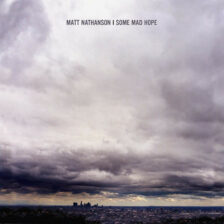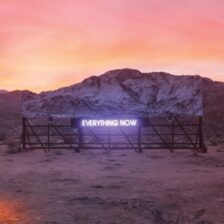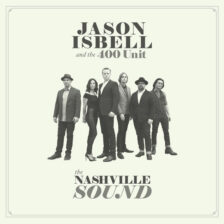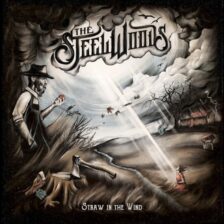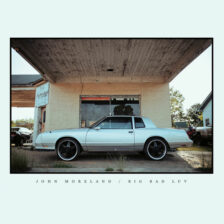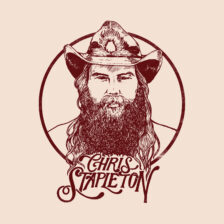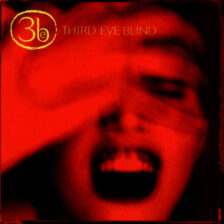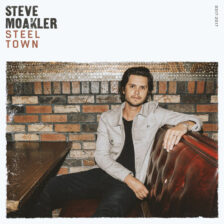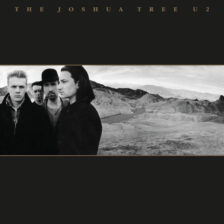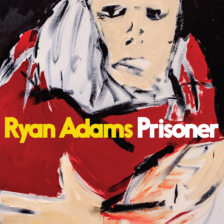The War on Drugs weren’t just a buzz artist in 2014: they were arguably the artist of the year. In a year that lacked an obvious consensus critical favorite—thanks in part to the fact that most of the “big artists” stayed quiet—an unassuming rock band from Philadelphia snagged a whole boatload of accolades. Sure, not every publication chose Lost in the Dream, the band’s grandiose third LP, for its top honors, but no album appeared on more lists or managed a higher average rank.
That breakout year could have fundamentally changed things for Adam Granduciel, the frontman and mastermind of The War on Drugs. The band made the jump from Secretly Canadian, the indie label that had put out their first three records, to the major leagues, signing with Atlantic. But rather than interfere or try to push Granduciel toward something more marketable or palatable to radio audiences, Atlantic seemingly just let the man do his thing. The result, a new album called A Deeper Understanding, somehow manages to improve upon its predecessor in every way without abandoning the signature sound it established.

